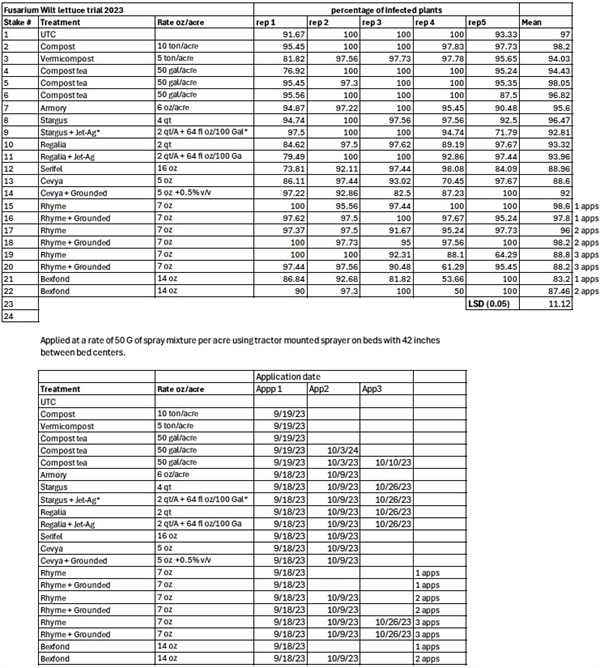-
Apr 6, 2011Insecticide Modes of Action on Desert Vegetables 2011With the produce season winding down, now is a good time to review the insecticide chemistries that are commonly used on desert crops to control insect pests. This is important because to sustain the insecticide efficacy that annually provides growers with cost-effective crop protection requires a conscious effort to prevent insecticide resistance. Over the past 20 years, the Agrochemical Industry has developed and brought to the market an unprecedented number of new chemistries. However, the development of new chemistries appears to be decreasing considerably, and older chemistries are continually being phased out of the marketplace (don't forget, endosulfan will be gone in 2013). Thus, it is imperative to sustain the efficacy of the newer IPM tools currently available, and makes insecticide resistance management (IRM) more important than ever. The most fundamental approach to IRM is to minimize the selection of resistance to any one type of insecticide. Historically, alternating or rotating compounds with different modes of action has provided sustainable and effective IRM in our desert cropping systems. The Insecticide Resistance Action Committee (IRAC), a coordinated crop protection industry group, was formed to develop guidelines to delay or prevent resistance. Using their most recent MOA grouping brochure, we have produced a table which provides the modes of action for the insecticide chemistries commonly used on desert crops (see: Insecticide Modes of Action on Desert Vegetables). We also provide general information on the routes of activity and pest spectrums for each chemistry. These classification lists will provide you with an additional set of guidelines to the selection of insecticides that can be used in desert IPM programs.To contact John Palumbo go to: jpalumbo@ag.Arizona.edu







